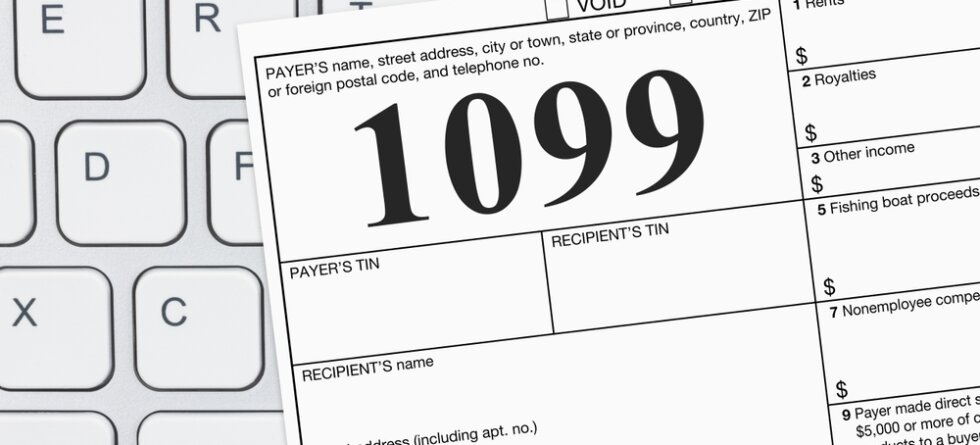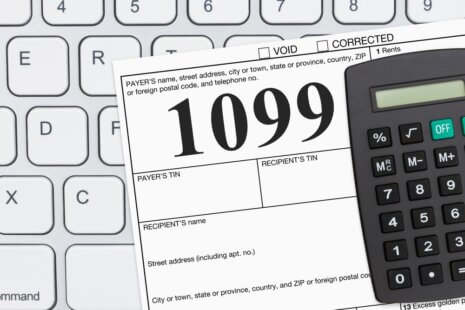In general, business owners do not receive a 1099 form from their own business. The Form 1099 is a series of documents used to report various types of income, such as income from freelancing or contracting work, rental income, interest income, and other types of miscellaneous income. It is typically issued by one party to another when payments meet certain criteria.
Here are some common scenarios related to business owners and the Form 1099:
- Business Owner as an Employee:
- If a business owner is also an employee of their own business, they will typically receive a W-2 form instead of a 1099. The W-2 reports the wages and salary paid to the employee-owner, along with any taxes withheld.
- Business Owner as a Sole Proprietor or Single-Member LLC:
- If the business is a sole proprietorship or a single-member LLC, and the owner provides services to other businesses or clients, they may receive Form 1099-MISC if the total payments received from any one client exceed $600 during the tax year. This is applicable when the owner is treated as an independent contractor.
- Business Owner as a Partner or Member of a Partnership or LLC:
- If the business is structured as a partnership or a multi-member LLC, and the owner is a partner or member, they will not receive a 1099 from the business. Instead, they may receive a Schedule K-1, which reports their share of the business’s income, deductions, and credits. The information from the Schedule K-1 is used to report income on the owner’s individual tax return.
- Business Owner as an S Corporation Shareholder:
- If the business is structured as an S corporation, and the owner is a shareholder, they may receive a Form W-2 for wages paid for services rendered to the corporation. Additionally, if the S corporation passes through income, the shareholder may receive a Schedule K-1 to report their share of the business’s income.
It’s important for business owners to keep accurate records of income, expenses, and transactions throughout the year and to consult with a tax professional or accountant to ensure proper reporting and compliance with tax laws. The specific forms received will depend on the business structure and the owner’s role within the business.




